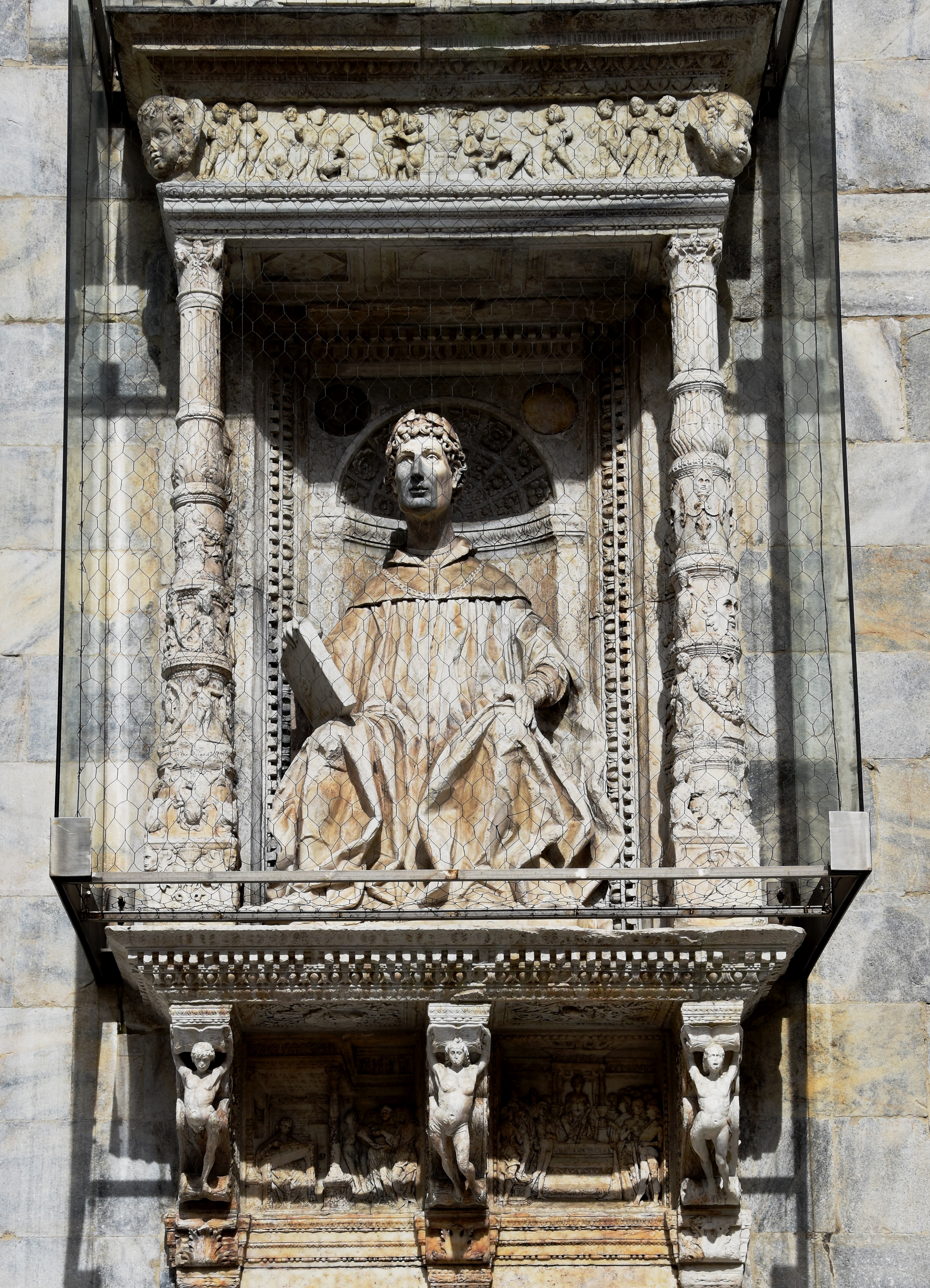“Honour is to you and me as strong an obligation, as necessity to others.”
Neque enim minus apud nos honestas quam apud alios necessitas valet.
Letter 10, 3.
Letters, Book IV
